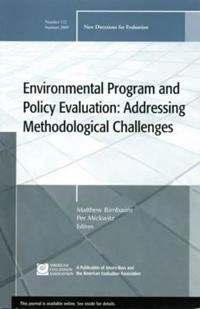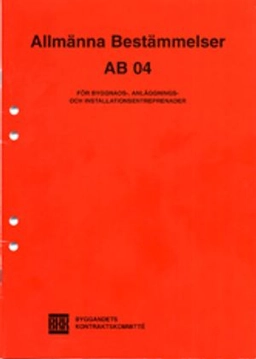

Environmental Program and Policy Evaluation: New Directions for Evalution 1Upplaga 1
- Upplaga: 1a upplagan
- Utgiven: 2009
- ISBN: 9780470521694
- Sidor: 128 st
- Förlag: John Wiley & Sons
- Format: Häftad
- Språk: Engelska
Om boken
Åtkomstkoder och digitalt tilläggsmaterial garanteras inte med begagnade böcker
Mer om Environmental Program and Policy Evaluation: New Directions for Evalution 1 (2009)
I juli 2009 släpptes boken Environmental Program and Policy Evaluation: New Directions for Evalution 1 skriven av Oddbjörn Evenshaug. Det är den 1a upplagan av kursboken. Den är skriven på engelska och består av 128 sidor. Förlaget bakom boken är John Wiley & Sons som har sitt säte i Hoboken.
Köp boken Environmental Program and Policy Evaluation: New Directions for Evalution 1 på Studentapan och spara pengar.
Referera till Environmental Program and Policy Evaluation: New Directions for Evalution 1 (Upplaga 1)
Harvard
Oxford
APA
Vancouver



















